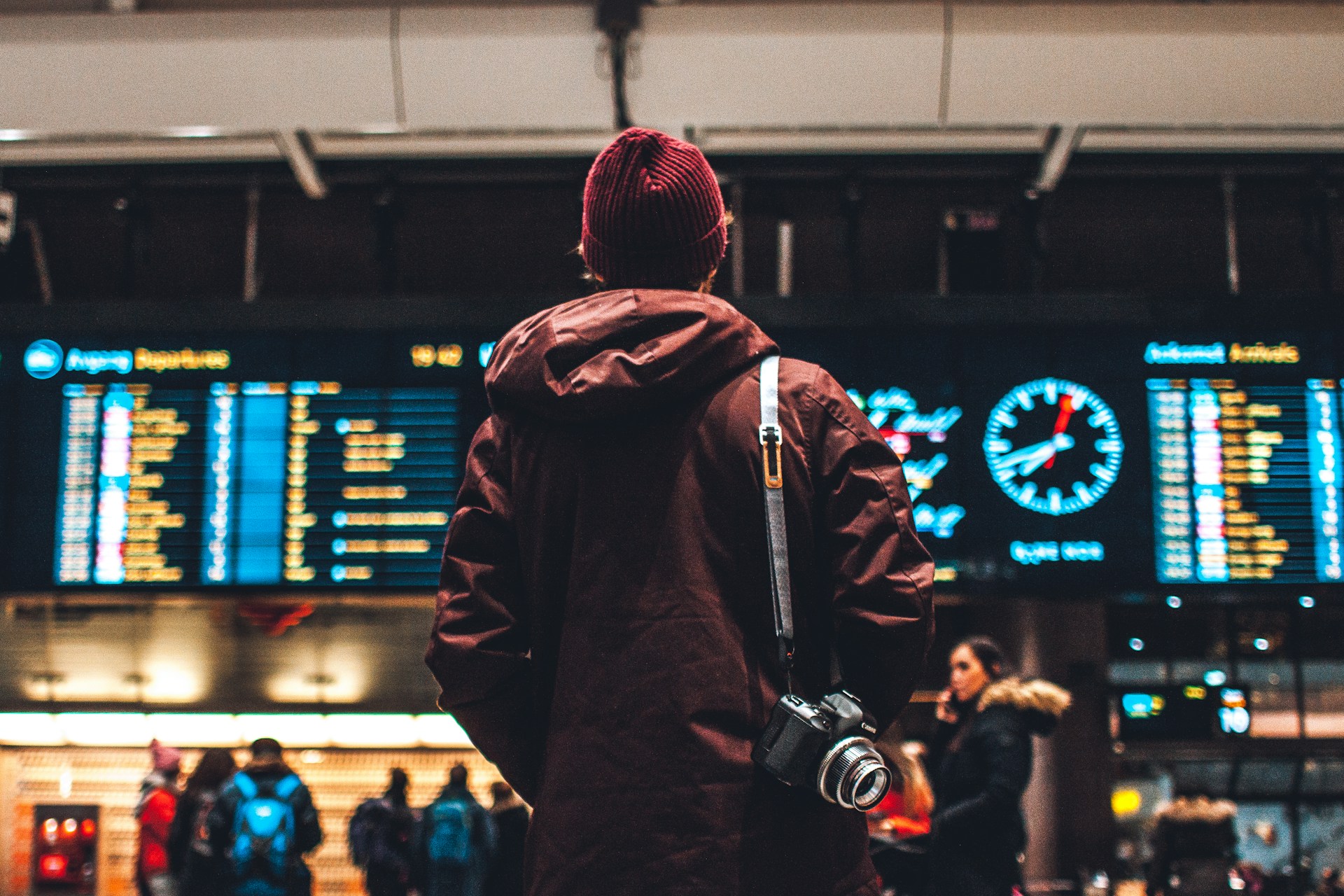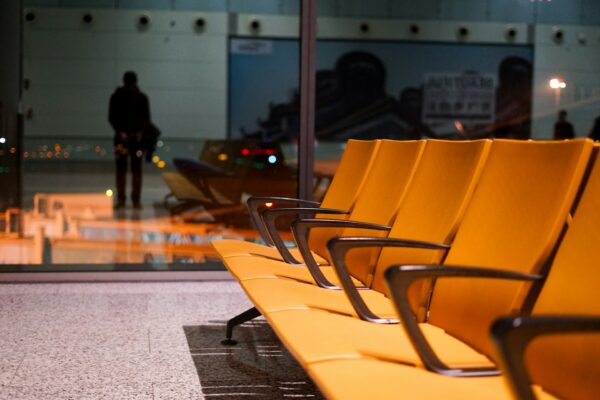Under African Skies
There’s something indescribably humbling about standing beneath the vast African sky, from the golden plains of Botswana to the roaring spray of Victoria Falls to the windswept coastlines of Cape Town. Each place has its own unique personality, its own rhythm—and its own sky. Whether painted with stars or brushed with the orange hues of sunset, these skies became the backdrop to one of the most unforgettable trips of my life.

In Botswana, I stayed at the serene Kwando Camp, nestled near the Kwando River. The camp is rustic but incredibly comfortable, with spacious tents, open-air showers, and communal meals that turn strangers into friends. Every morning, we’d set off on safari just as the sky shifted from indigo to pink. Herds of elephants moved silently through the mist, lions stretched in the sun, and hippos grunted lazily from the water. One night, under a sky ablaze with stars, we relaxed by the fire while listening to distant calls of hyenas—a reminder that out here, nature is always close.


From Botswana, I traveled north to Victoria Falls, one of the Seven Natural Wonders of the World. The sheer force of the Zambezi River cascading into the gorge below is awe-inspiring, but what struck me even more was the mist rising like a permanent cloud, catching rainbows in the midday sun. The skies here were often dramatic—blue pierced by streaks of white and grey, with a sense that anything could happen. Helicopter rides over the falls gave a whole new perspective, where the sky felt like a ceiling pulled back to reveal Earth’s raw power.
Cape Town, with its Mediterranean climate and rich cultural scene, offered a completely different kind of magic. I took a cable car up Table Mountain where, on a clear day, you can see forever. The sky there has a crisp, clean blue that feels almost too perfect. Another day, I drove to Cape Point and the Cape of Good Hope Nature Reserve, where wind-whipped clouds danced above the cliffs, and the sky met the sea in a dramatic embrace. Penguins waddled along the beach, and baboons watched us with more curiosity than caution.

What ties these experiences together—beyond the wildlife, waterfalls, and sweeping landscapes—is the sky. In Botswana, it felt eternal. At Victoria Falls, it was electric. And in Cape Town, it was theatrical. Each sky told its own story, adding depth and emotion to the adventures below. If you ever find yourself craving perspective or wonder, look up. Under African skies, you’ll find both.















 Many of us are eager to begin exploring the world once again, but may be hesitant because of uncertainties surrounding travel these days. The most frequent question asked by our clients is, “What happens if the unexpected happens?” Fortunately, Great Canadian Travel has the answer! Our two insurance partners offer coverage that ensures you receive the care needed in case of illness, even Covid-19, while travelling.
Many of us are eager to begin exploring the world once again, but may be hesitant because of uncertainties surrounding travel these days. The most frequent question asked by our clients is, “What happens if the unexpected happens?” Fortunately, Great Canadian Travel has the answer! Our two insurance partners offer coverage that ensures you receive the care needed in case of illness, even Covid-19, while travelling.



 When considering a sophisticated, urbane destination, Glasgow does not immediately spring to mind. The city’s rough-and-ready reputation has followed it through time, due partly to an industrial history of railways and shipbuilding. Glasgow has sometimes been unfavourably compared to the Scottish capital of Edinburgh, with its castle and cobbled wynds. However, the Dear Green Place is surprisingly rich in culture. Besides its magnificent 12th century cathedral and world-class School of Art, Glasgow boasts a myriad of museums.
When considering a sophisticated, urbane destination, Glasgow does not immediately spring to mind. The city’s rough-and-ready reputation has followed it through time, due partly to an industrial history of railways and shipbuilding. Glasgow has sometimes been unfavourably compared to the Scottish capital of Edinburgh, with its castle and cobbled wynds. However, the Dear Green Place is surprisingly rich in culture. Besides its magnificent 12th century cathedral and world-class School of Art, Glasgow boasts a myriad of museums.  Travel to The Netherlands is always a treat for me, combining the fun of exploring more new places with an opportunity to visit friends in the northeast province of Drenthe. My recent visit was no exception; this time we spent a day exploring the Open-Air Museum in Arnhem. World War 2 history buffs will recognize the city’s name from a major battle, the largest airborne operation ever. In September 1944 the Allied Forces failed in an attempt to break through German lines in and around the city. The battle is chronicled in Cornelius Ryan’s A Bridge too Far.
Travel to The Netherlands is always a treat for me, combining the fun of exploring more new places with an opportunity to visit friends in the northeast province of Drenthe. My recent visit was no exception; this time we spent a day exploring the Open-Air Museum in Arnhem. World War 2 history buffs will recognize the city’s name from a major battle, the largest airborne operation ever. In September 1944 the Allied Forces failed in an attempt to break through German lines in and around the city. The battle is chronicled in Cornelius Ryan’s A Bridge too Far. 